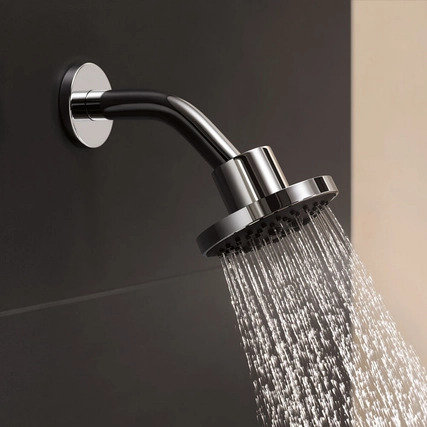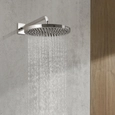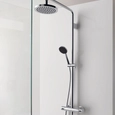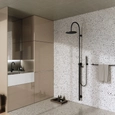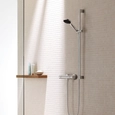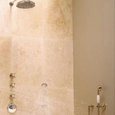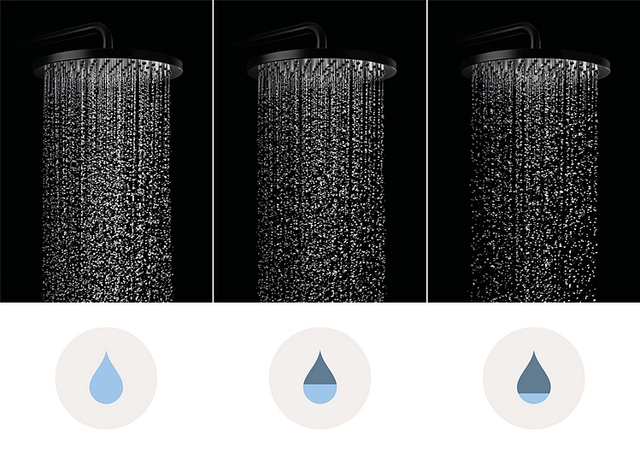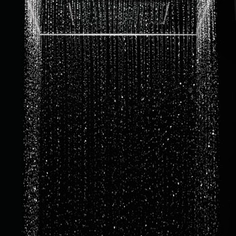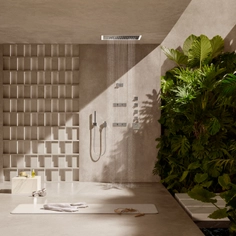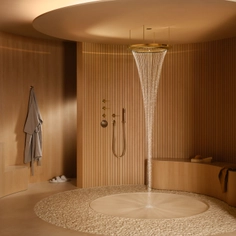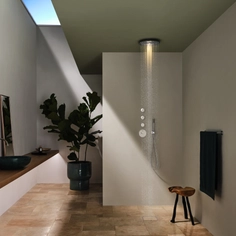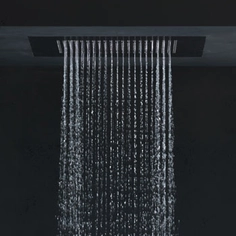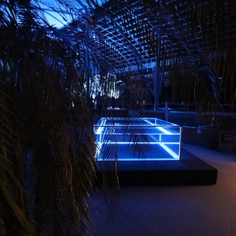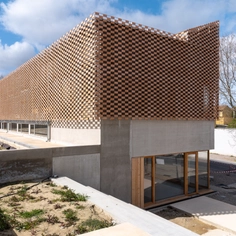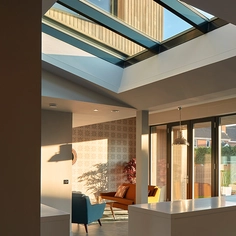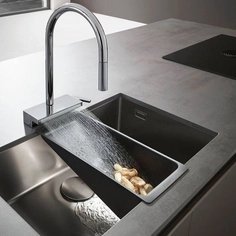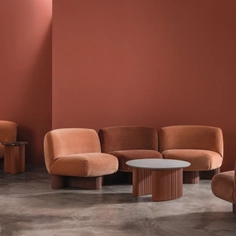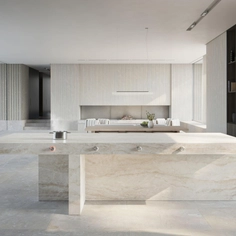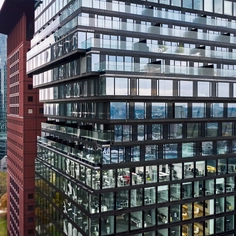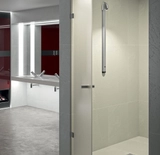Private households mostly use drinking water for personal hygiene. Approximately 84 liters of water are required for a six-minute shower, which is equivalent to around eight dishwasher cycles. Consequently, there is significant potential for water savings. Dornbracht's FlowReduce shower products can save up to 54% water compared to regular hand showers. A large portion of Dornbracht's product lineup, including rain showers, overhead showers, body sprays, hand showers, and shower systems, is available with a lower flow rate.
These products still provide the familiar Dornbracht shower experience, even with a restricted flow rate enforced by a volume regulator. The nozzles in the water-saving version of the products maintain the same diameter, ensuring that the water flow remains powerful, abundant, and perfect for hair washing and daily routines. The drops consist solely of water, without any added air, allowing water to cascade over the body like natural rain—gentle, light, and without any additional pressure.
FlowReduce+ for Maximum Water Conservation
In addition to the regular and flow-reduced variants, Dornbracht also offers a third version called FlowReduce+, for some of the products. The company’s x-tra Service, a department for individually customized production, limits flow rates to the maximum. A hand shower here saves around 66% of the water, with minimal loss of comfort – compared to a regular variant.
| |
| Regular | FlowReduce: Reduced flow rate with a full shower experience | FlowReduce+: Maximum reduction of flow rate with minimal effect on the shower experience via request | |
These water-saving shower products are not only suitable for residential use but also offer significant advantages for hotels. Considering the rising energy costs, hoteliers, in particular, stand to benefit from the potential savings provided by reduced-flow shower products. Dornbracht's FlowReduce and FlowReduce+ solutions can have a positive impact on a hotel's overall water consumption and contribute to the reduction of energy costs. Additionally, these products can help buildings meet the requirements of green building rating systems such as WELL, LEED, BREEAM, and DGNB.


